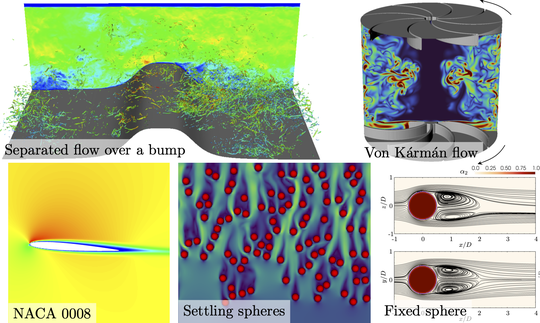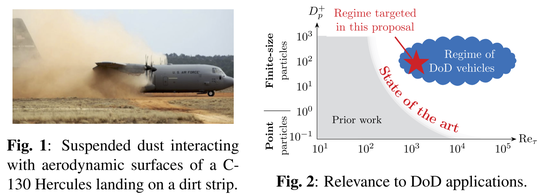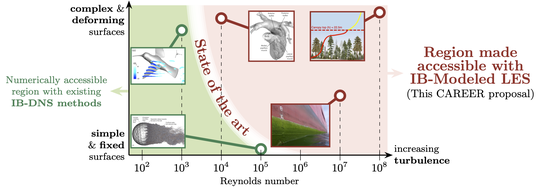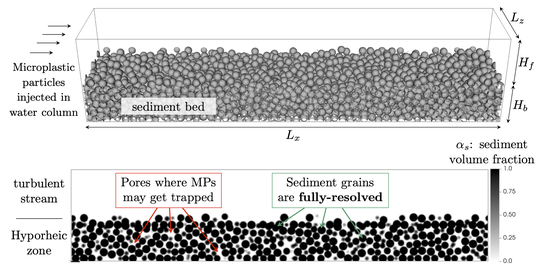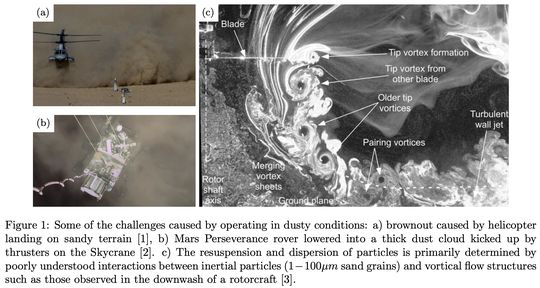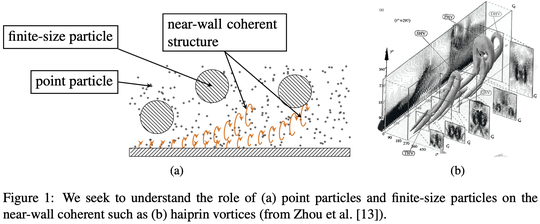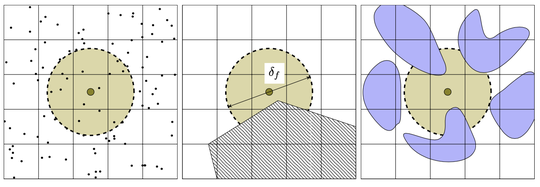Kasbaoui Research Group
School for Engineering of Matter, Transport & Energy
Arizona State University
Welcome
Welcome to the Kasbaoui Research Group at Arizona State University. Our research aims at providing cutting-edge science that improves engineering systems relying on multiphase flows, and particle-laden flows specifically. We do this by: (1) formulating original theories and analytical methods that improve our understanding of the processes at play, and (2) developing new numerical tools that enable discoveries in massively parallel simulations.
The group is led by Prof. Mohamed Houssem Kasbaoui in the School for Engineering of Matter and Transport. Prof. Kasbaoui (cass-bah-wee) is an Assistant Professor in mechanical and aerospace engineering. For more details on current and past work, refer to his curriculum vitae.
Research Opportunities :
- Oustanding Undergraduate students interested in research experience in fluid mechanics should email Prof. Kasbaoui.
- Several Master's and PhD projects are available. Desired coursework and skills include: Intermediate/Advanced Fluid Mechanics, Applied mathematics (Linear Algebra/ODEs/PDEs), C/Fortran coding experience, UNIX, and parallel programming (MPI, OpenMP). You need to have a passion for programming and a strong drive for self-directed work to be successful in this research group.
